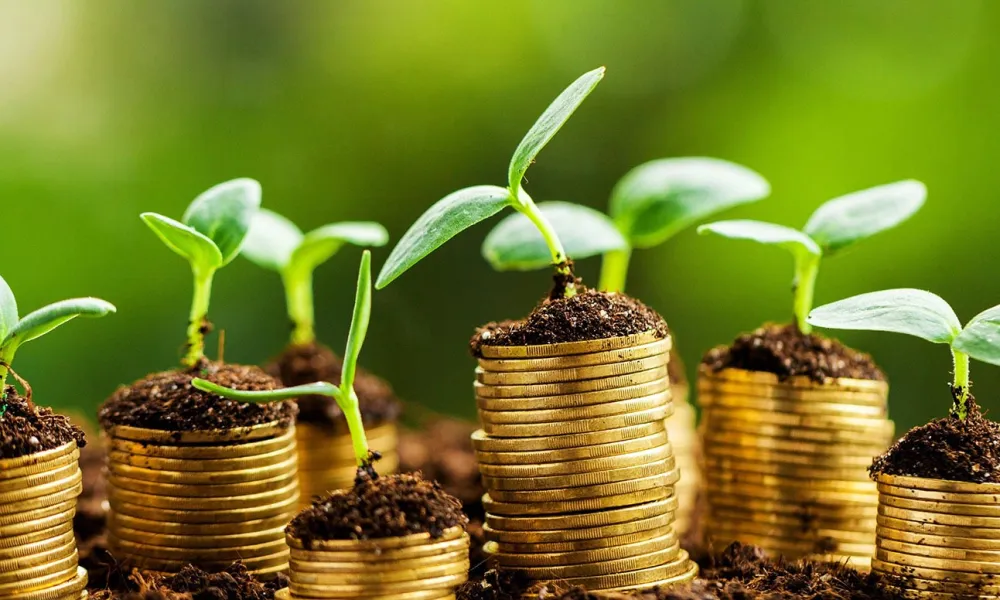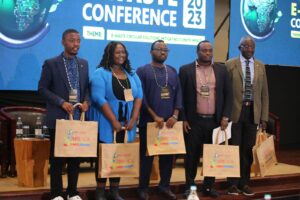As negotiators battle it out on matters loss and damage of climate change impacts at COP 28 in Dubai, Kenyan communities can earn significantly from selling carbon credits. However, they benefit less than the international third-party owners of these projects.
While in Saudi Arabia in late October, President Ruto sought Saudi purchase of carbon credits from Kenya. Saudi Aramco, the world’s largest oil producer is a leading buyer of carbon credits and Kenya can become a key beneficiary.
According to various reports, in June this year, Kenya received Sh2.07 billion from sixteen Saudi Firms that included Aramco and Saudi Electricity Company. They purchased Kenya’s carbon credits in an auction organized by Saudi Arabia’s Regional Voluntary Carbon Market Company.
The big question is this – how do Kenyan communities across the country benefit from such carbon trading. Currently and sincerely speaking, they don’t really benefit as much as they should.
When carbon traders purchase carbon credits from multinational companies, they must use part of the proceeds if not all to undertake a conservation project that will result in absorption of a certain amount of carbon from the atmosphere. That’s what’s known as carbon offsetting.
In essence, carbon credits ‘allow’ companies to emit a specific amount of carbon dioxide or other harmful gases like methane. One carbon credit is the equivalent of one ton of emissions. Revenue from purchase of carbon credits is then used in conservation projects like forest conservation or purchase of cleaner cooking fuel.
Wherever these conservation projects are undertaken, there are often aggrieved local communities. They often feel marginalized yet they are the traditional custodians of the ecosystems being restored. To show you the plight of these, I would like to highlight two carbon offsetting projects here in Kenya – an ongoing project and one that is in the preliminary stages.
Chyulu Hills host a lush tropical forest that is a critical water tower in Kenya. The Chyulu Hills Carbon Project seeks to protect the Chyulu Hills landscape, its forests, woodlands, savannahs, wetlands, and wide variety of wildlife. This ongoing carbon offsetting project is worth Kshs 561,600,000 million annually.
The project’s stated successful conservation work is most amazing. It has reportedly resulted in at least 83 percent reduction in forest clearance which has consequently prevented more than 700,000 metric tons of greenhouse gases from entering the atmosphere every year. However, the project continues to raise more questions than answers. Central to these questions is financial transparency and well-defined community participation.
Similar transparency questions are being asked dozens of kilometers away in Olkirimatian in the vicinity of the soda lakes of Magadi and Natron. The community in this vast rangeland is demanding the review of a carbon agreement with the community in order to ensure transparency and substantially more community benefits. Just like other communities in a similar predicament, they are also concerned about apparent transfer of their land rights.
That’s why the Carbon Credit Trading and Benefit Sharing Bill currently in the National Assembly must be speedily debated and enacted. According to this Bill, carbon project revenue will be divided as follows: the carbon project owner – 40 percent; the community – 33 percent; County government – 10 percent; Managing Authority – 5 percent; and National Research Fund – 2 percent. Forest adjacent communities will get an even higher percentage of 55 percent (I wish it was even more!), whereas for rangelands, project managers and local communities will each get 40 percent.
Embedding the community’s share of revenue in the law will secure the communities’ revenue and avoid the current exploitation that they face.
The Government sponsored Climate Change Act (Amendment) Bill 2023 also secures community share of carbon revenue, though it pegs it at a shameful lower percentage of 25 percent. I suggest maximizing community carbon revenue share with clear safeguards for inclusive benefits.
Indeed, Carbon offsetting equals to billions in revenue, millions of green jobs, and a seamless path out of poverty for our communities. Tusifyonzwe jameni ! Think green, act green!



